Five things we want from the Amazon tablet
Amazon are going to have a tablet out and soon, according to reports. We have a wish list for the device developers - let's hope they can deliver.


COMMENT There's been much hubbub surrounding the potentially imminent release of an Amazon tablet.
Rumours about the device have been as plentiful as rain drops across the British Isles, with many no doubt erroneous claims being made about the device.
Whilst Tech Crunch did manage to get hold of one for a quick glimpse, there's a lot left to learn about the Amazon Kindle tablet.
With that in mind, here are five things we want to see from Amazon to really shake up the tablet market and present business users with a genuinely exciting alternative.
Bigger, better hardware
Reports that the Android-based tablet will have a seven inch screen will please those who just want a lightweight e-reader which can access the web as well as e-books, but we're not convinced that such a small screen is well suited for general purpose computing as a larger 10in tablet would be. For business users and IT departments, a bigger device will mean easier typing and simpler use of complicated, more granular apps, such as analytics software.
Amazon could help kick start development efforts with its own apps that tie in with its AWS and S3 services.
Get the ITPro daily newsletter
Sign up today and you will receive a free copy of our Future Focus 2025 report - the leading guidance on AI, cybersecurity and other IT challenges as per 700+ senior executives
Much depends on how Amazon markets the tablet - either as a more flexible Kindle or as a fully-fledged tablet replacement for a netbook or laptop. Nevertheless, for the average enterprise user, the bigger the tablet and the quicker the processor, the better. A powerful chip, combined with a super high resolution, will provide the kind of slick, multi-tasking experience iPad users have grown used to.
Get the apps and the OS right
There's also the small matter of apps. Since Amazon's tablet will allegedly use a heavily customised version of Android 2.3 instead of 3.0, it won't be able to run the available selection of tablet-optimised Android apps. Whether the lure of Amazon's own app store will be enough to compensate for this remains to be seen - especially if Amazon's heavy customisations means the tablet will never be upgradeable to either Honeycomb or Ice Cream Sandwich.
For the business user though, Amazon could help kick start development efforts with its own apps that tie in with its AWS and S3 services. With so many companies running their infrastructure in the AWS cloud, having quality cloud management software would be a real boon for Amazon customers in IT.
A key part of the iPad's success is its tight integration with the iTunes and App Stores and Amazon has the most potential out of all competitors to match this in the business sphere as well as in the consumer market.
Don't be an iPad copycat
Whilst tight integration is a good model to follow, Amazon should stay well away from trying to imitate the iPad. Not a single tablet has shown itself to be truly competitive with Apple's device certainly not in terms of sales at least. Why not? Because they have tried to do what the iPad does without offering many noticeable differentiators.
If Amazon really is taking the Android code and turning it into something un-Android, this can only be positive. Consumers need to be presented with a real alternative, with an OS that looks and feels different, yet has real quality too. Moving away from the typical iOS-like grid of icons could be one way to aesthetic differentiation, but if done in a user friendly, efficient way, it could start a trend of its own.
Just as Microsoft have attempted something different with Windows Phone 7 and Windows 8, Amazon would do well to move away from the imitators and become the true innovator the market needs. Otherwise you can expect Apple to stay well ahead of the pack.
Tom Brewster is currently an associate editor at Forbes and an award-winning journalist who covers cyber security, surveillance, and privacy. Starting his career at ITPro as a staff writer and working up to a senior staff writer role, Tom has been covering the tech industry for more than ten years and is considered one of the leading journalists in his specialism.
He is a proud alum of the University of Sheffield where he secured an undergraduate degree in English Literature before undertaking a certification from General Assembly in web development.
-
 Should AI PCs be part of your next hardware refresh?
Should AI PCs be part of your next hardware refresh?AI PCs are fast becoming a business staple and a surefire way to future-proof your business
By Bobby Hellard Published
-
 Westcon-Comstor and Vectra AI launch brace of new channel initiatives
Westcon-Comstor and Vectra AI launch brace of new channel initiativesNews Westcon-Comstor and Vectra AI have announced the launch of two new channel growth initiatives focused on the managed security service provider (MSSP) space and AWS Marketplace.
By Daniel Todd Published
-
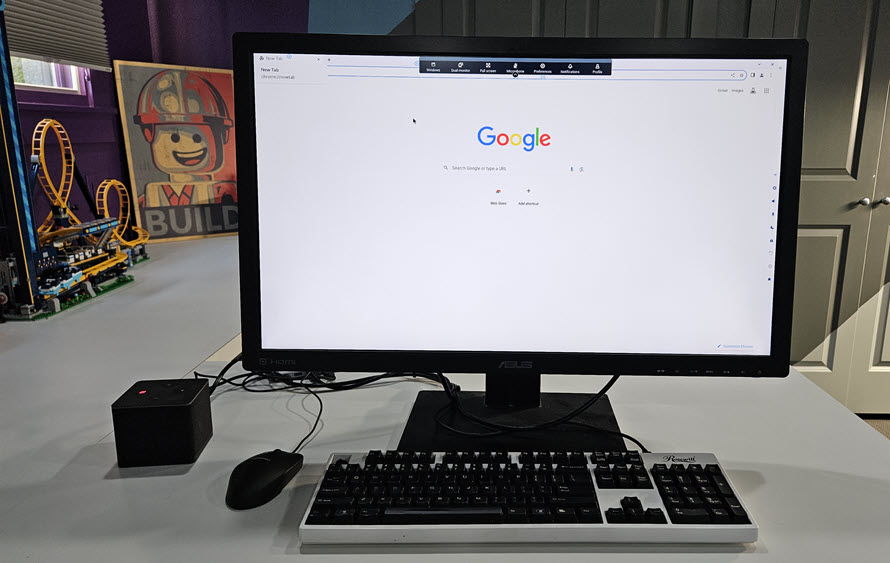 Amazon’s Thin Client for business is an IT department’s dream
Amazon’s Thin Client for business is an IT department’s dreamOpinion This upgraded TV Cube is the affordable answer to hybrid work devices we’ve been searching for
By Bobby Hellard Published
-
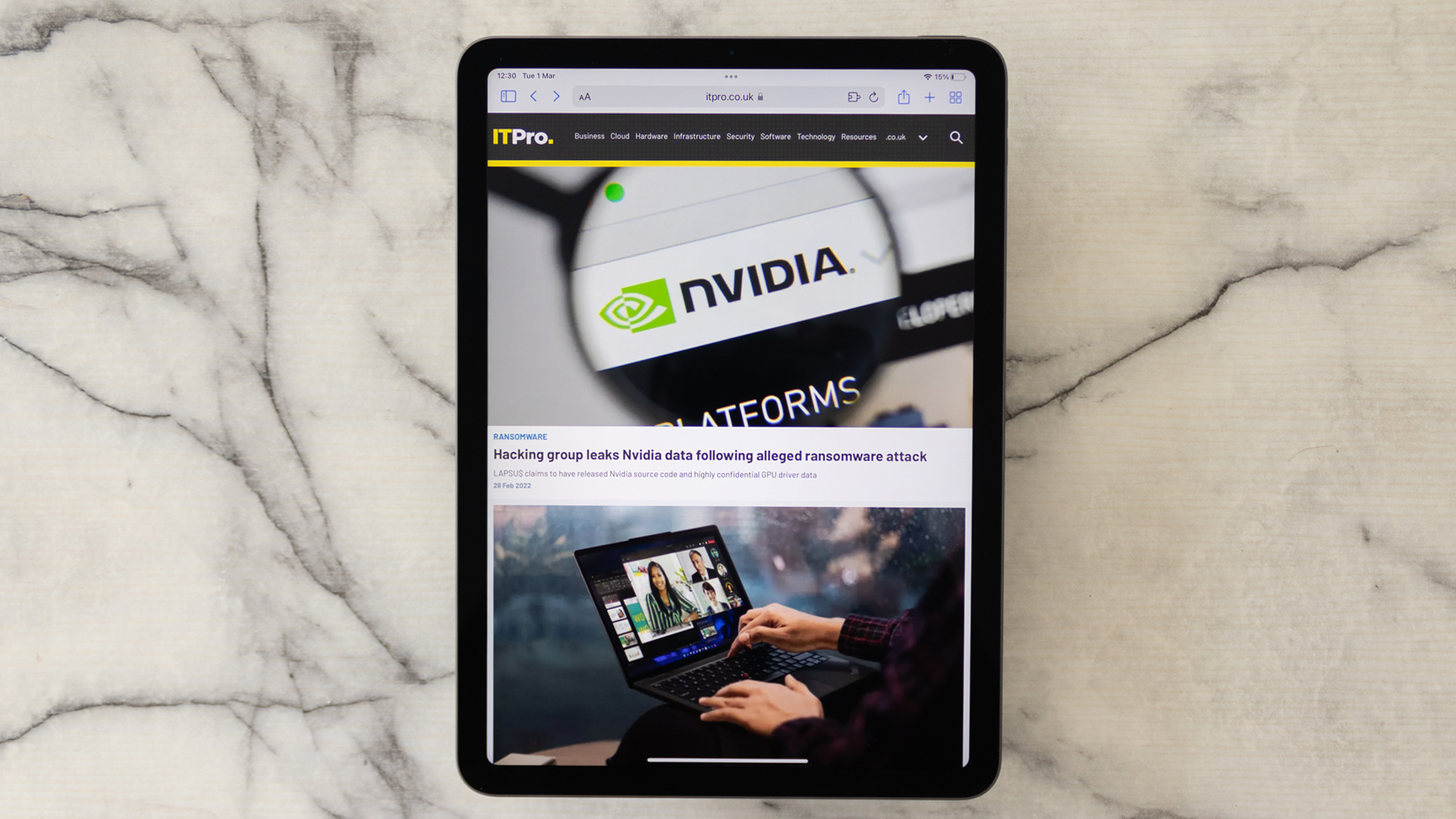 Apple iPad Air (2020) review: The executive’s choice
Apple iPad Air (2020) review: The executive’s choiceReviews With the iPad Air’s most recent redesign, Apple has delivered the best bang-for-buck tablet money can buy
By Connor Jones Published
-
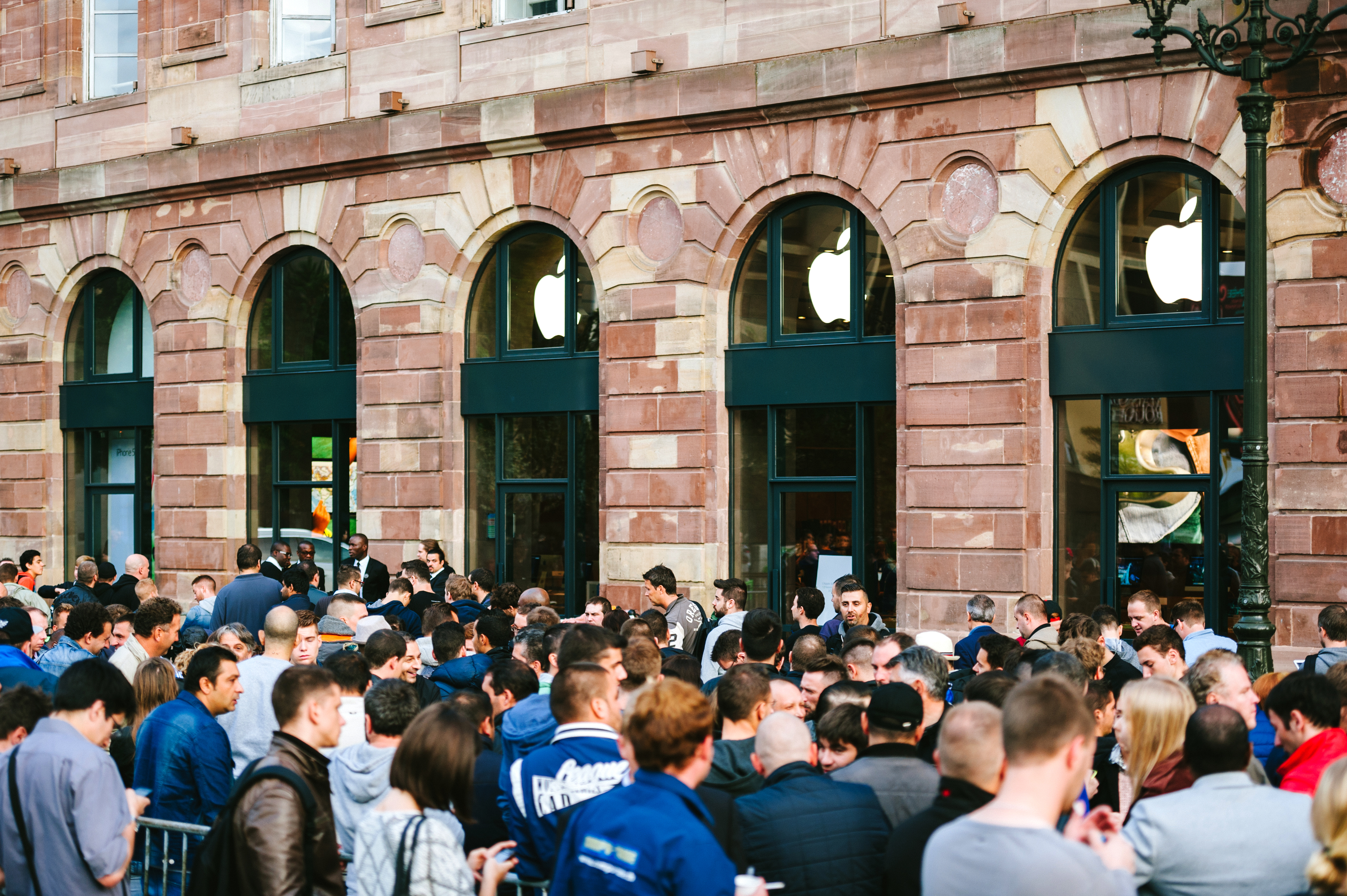 In praise of the early adopters
In praise of the early adoptersOpinion The IT industry needs early adopters like you – and tech that fell by the wayside should still be celebrated
By David Crookes Published
-
 Apple is experimenting with attention sensors to save battery life
Apple is experimenting with attention sensors to save battery lifeNews Your next Apple device may shut down if you are not paying attention to it
By Justin Cupler Published
-
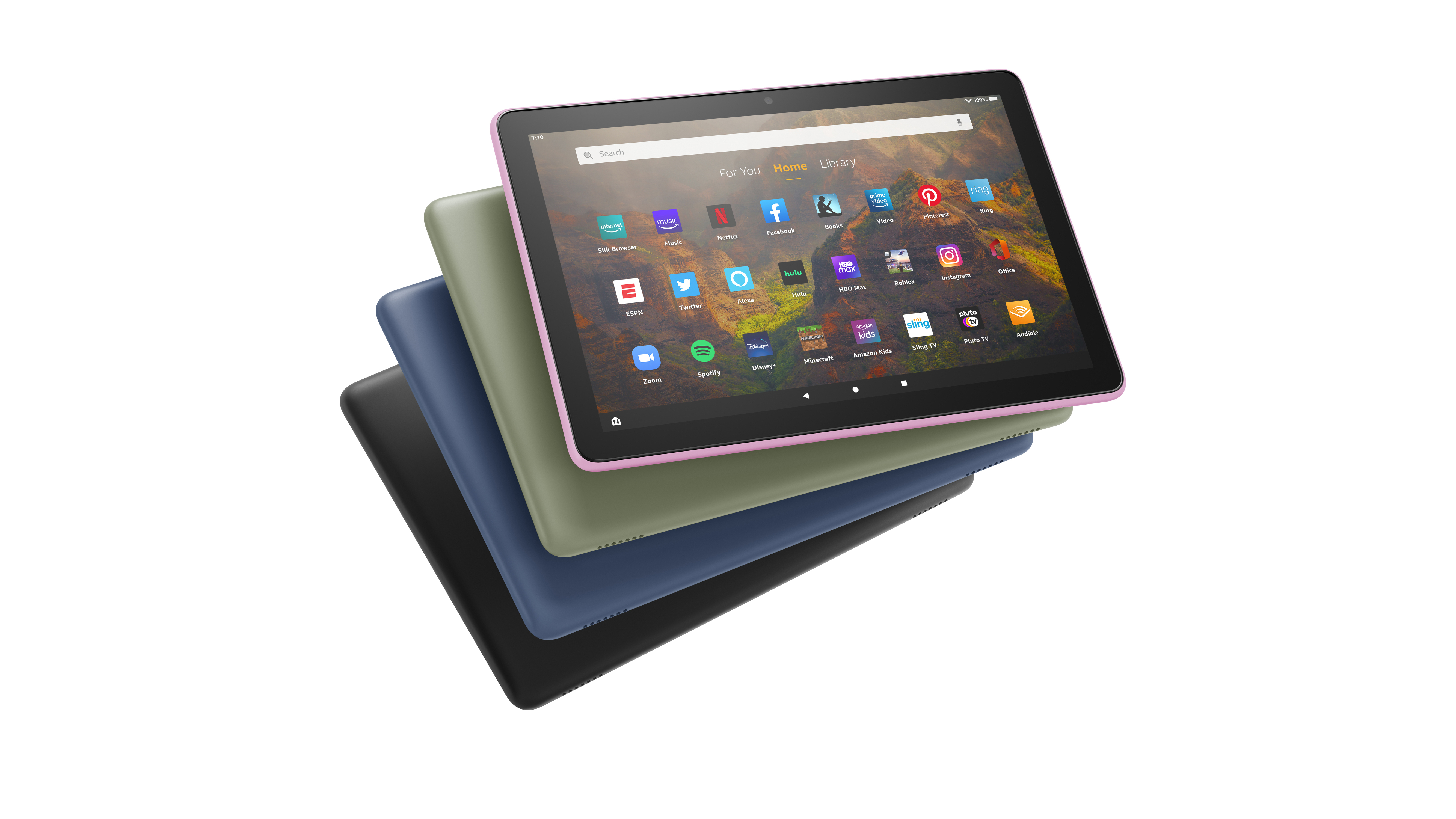 Amazon unveils new Fire tablets, including new kid-friendly models
Amazon unveils new Fire tablets, including new kid-friendly modelsNews Meet the thinner, lighter, and brighter Fire HD 10
By Mike Brassfield Published
-
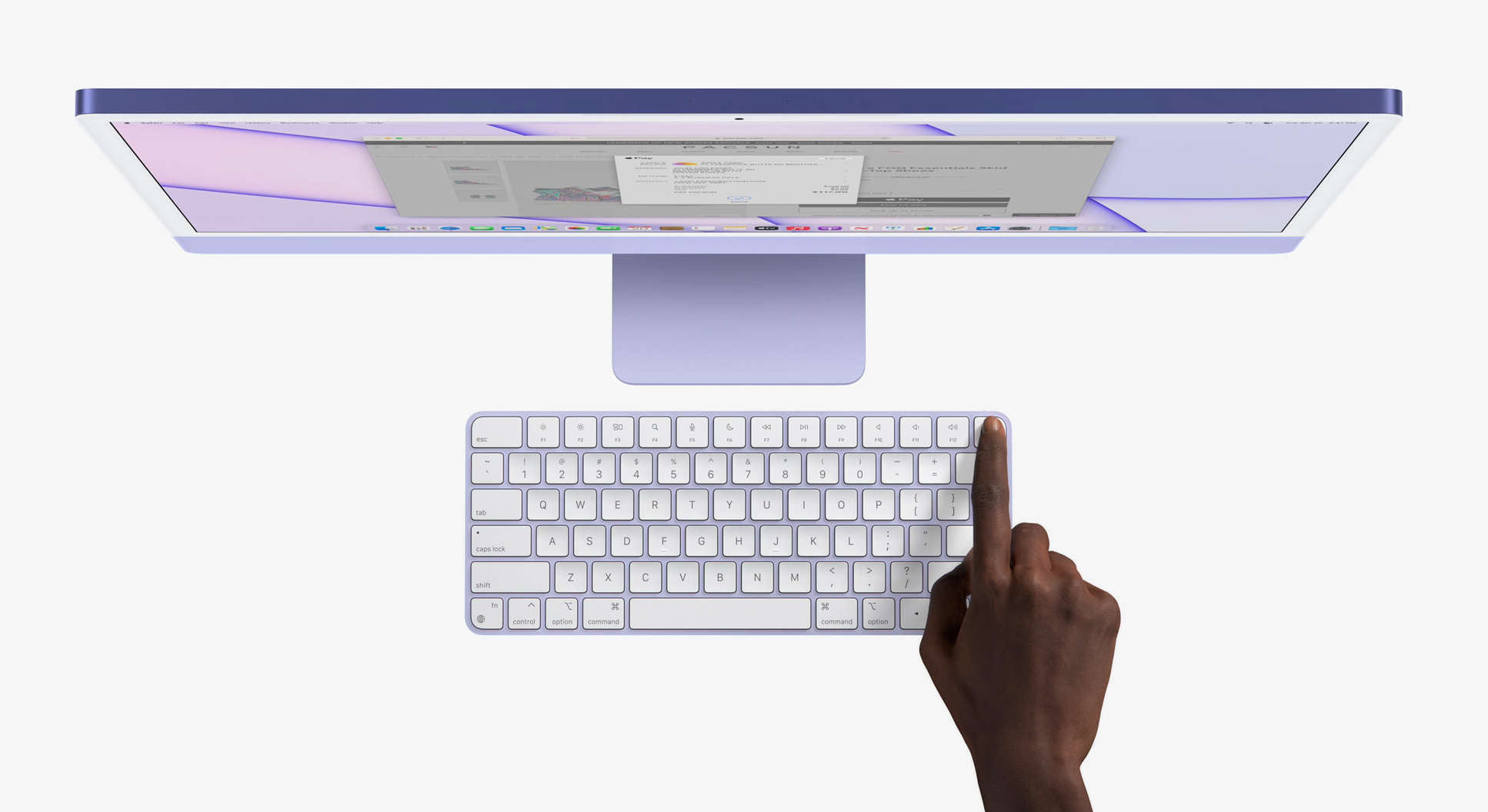 Apple unveils M1-powered iPad Pro and iMac at April 2021 event
Apple unveils M1-powered iPad Pro and iMac at April 2021 eventNews The new Apple Silicon hardware will be available to order from April 30
By Justin Cupler Published
-
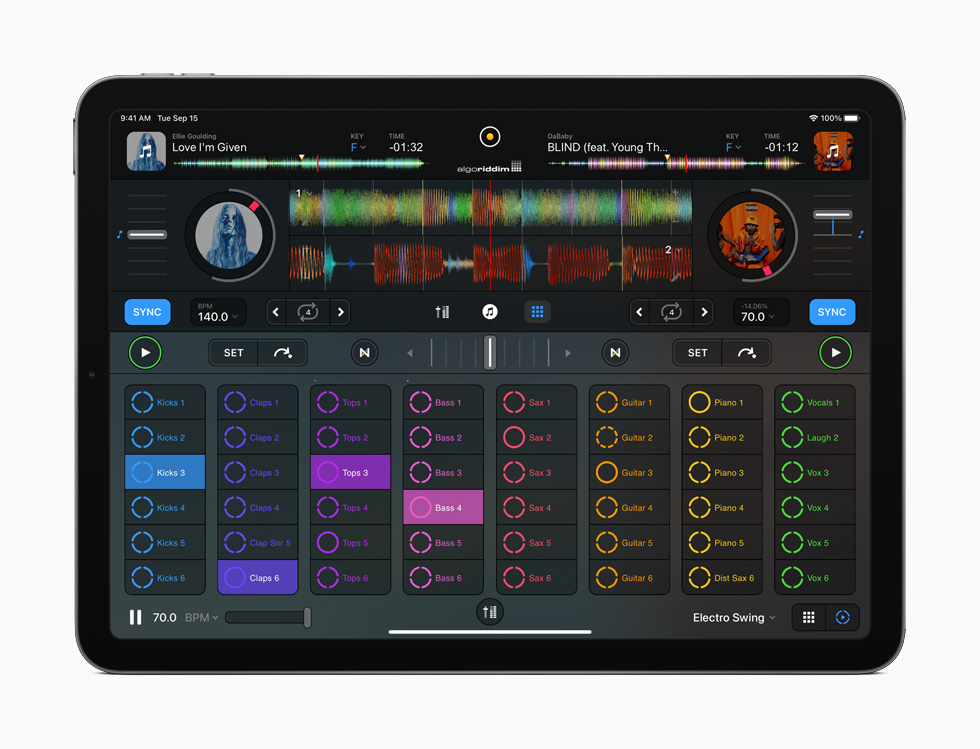 iPad Air 2020 debuts with A14 Bionic chip and USB-C
iPad Air 2020 debuts with A14 Bionic chip and USB-CNews Apple touts its latest flagship tablet as the “most powerful” iPad Air ever
By Sarah Brennan Published
-
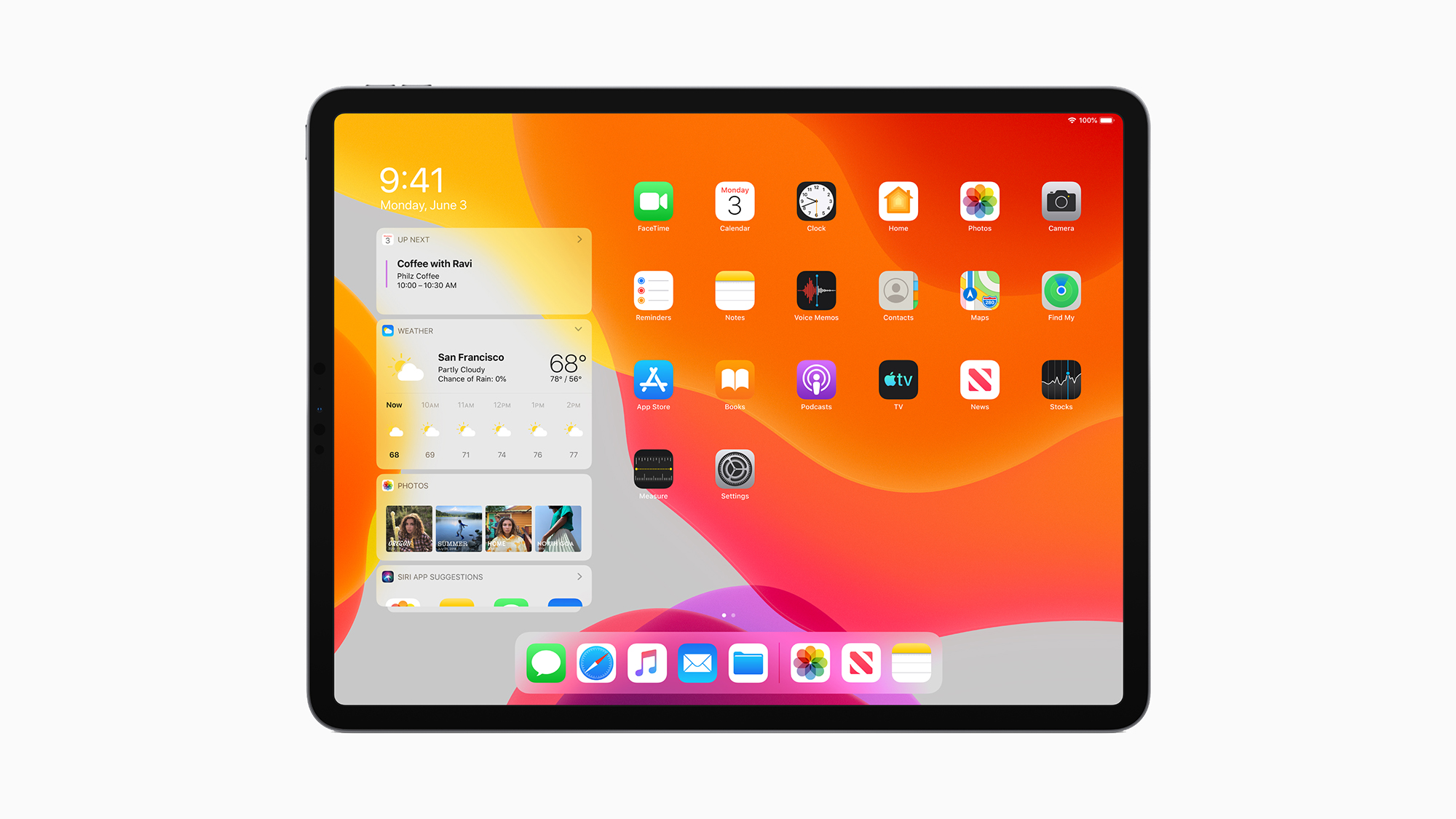 Apple reveals iPadOS at WWDC19
Apple reveals iPadOS at WWDC19News Cupertino's tablet range breaks free of iOS with new dedicated software
By Jane McCallion Published